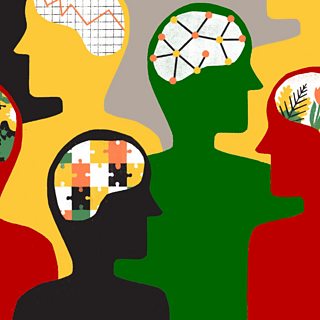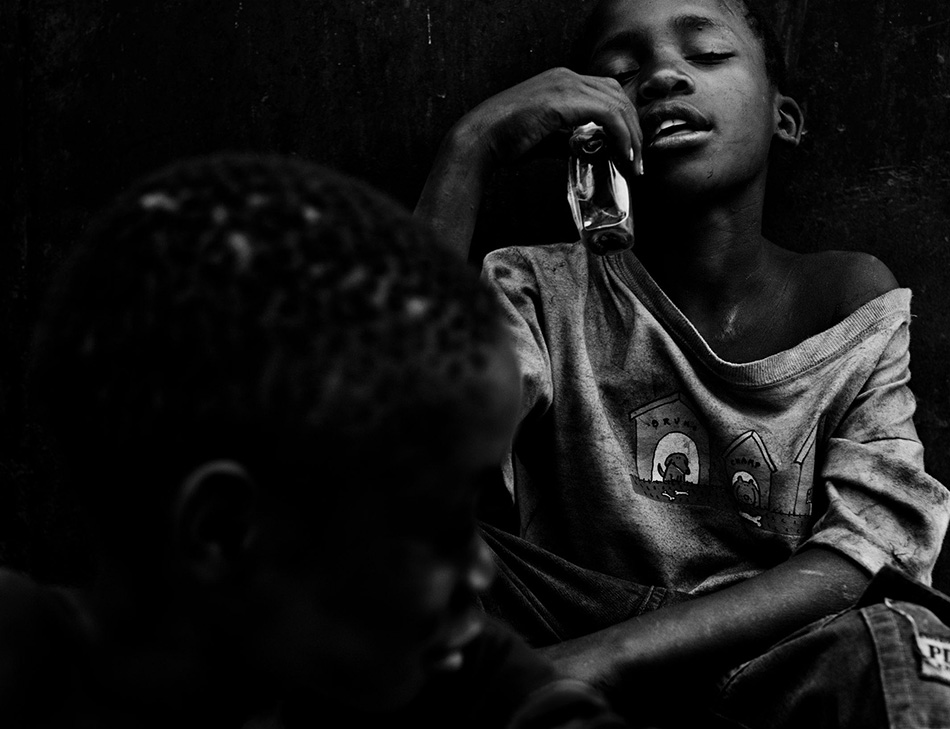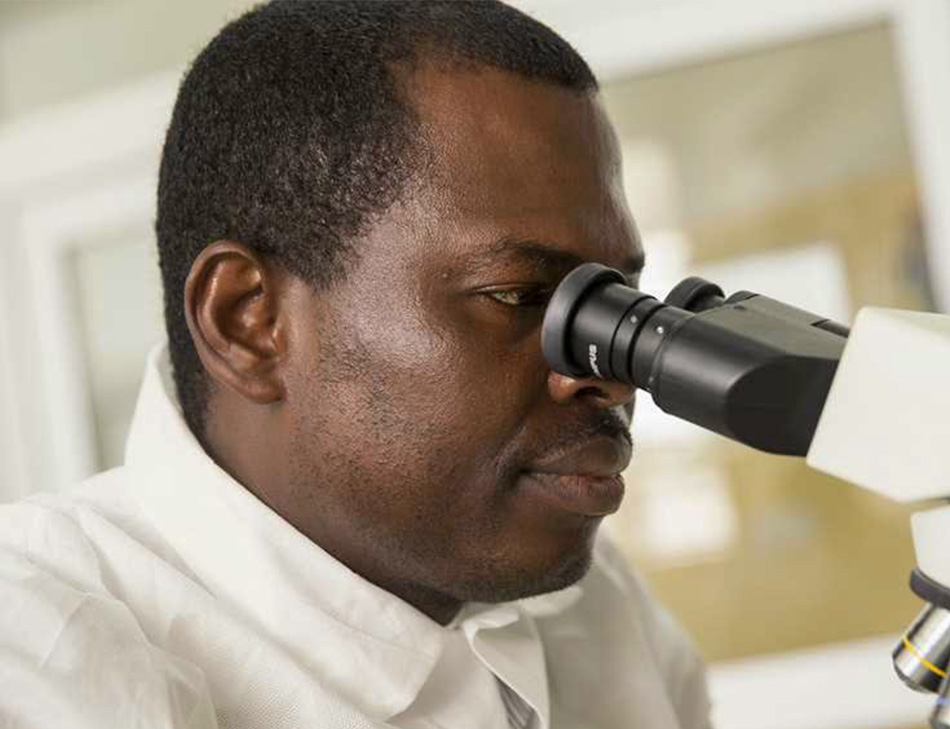We are venturing into genetics and genomics to identify the Biomarkers of mental and neurological illnesses like bipolar disorder, epilepsy and autism.
The above do not necessarily cover everything that we do. We accommodate anybody with a research proposal with the potential to make a positive contribution towards making affordable and evidence-based mental health services available and accessible to everyone.







